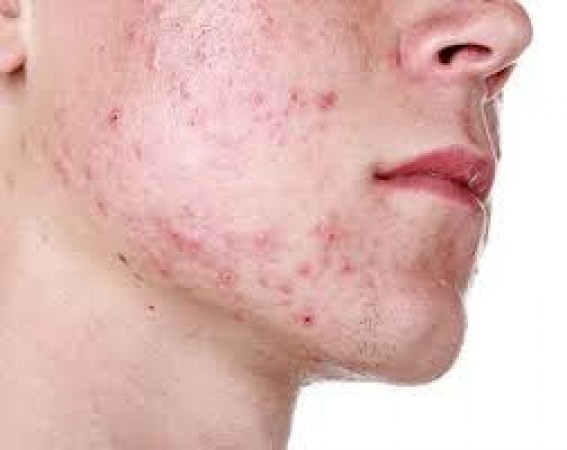
Dry pimples are a common skin issue that many people encounter. While they may resemble regular acne, it's crucial not to mistake them for the typical pimples. Misidentifying them can lead to serious consequences for your skin health and overall well-being.
Understanding Dry Pimples
Dry pimples, also known as eczema or dermatitis, often appear as small, red bumps on the skin. Unlike acne, which is caused by clogged pores and excess oil production, dry pimples result from inflammation or irritation of the skin. They can occur due to various factors, including allergies, harsh skincare products, environmental triggers, or underlying medical conditions.
Distinguishing Characteristics
To differentiate between dry pimples and acne, it's essential to pay attention to their distinguishing characteristics:
Texture: Dry pimples typically have a rough, scaly texture, whereas acne lesions are often soft and tender to the touch.
Appearance: Dry pimples may appear flaky or crusty, while acne lesions usually contain pus or sebum.
Location: Dry pimples often occur in areas prone to dryness, such as the cheeks, forehead, or arms, whereas acne tends to appear in oilier regions like the face, chest, and back.
Potential Health Risks
Misdiagnosing dry pimples as acne can pose significant health risks. By treating them with acne medication or harsh cleansers designed for oily skin, you may exacerbate the dryness and inflammation, leading to further discomfort and skin damage. Additionally, underlying skin conditions or allergies that cause dry pimples may go untreated, potentially worsening over time.
Effective Treatment Approaches
Proper identification of dry pimples is crucial for implementing effective treatment strategies. Unlike acne, which responds well to topical treatments containing ingredients like benzoyl peroxide or salicylic acid, dry pimples require gentle skincare routines and moisturizing products to soothe inflammation and restore the skin's natural barrier.
Consultation with a Dermatologist
If you're unsure whether you're dealing with dry pimples or acne, it's advisable to consult a dermatologist. A dermatologist can accurately diagnose your skin condition and recommend appropriate treatment options tailored to your specific needs. They can also rule out any underlying medical conditions that may be contributing to your symptoms.
In summary, distinguishing between dry pimples and acne is essential for maintaining optimal skin health. While dry pimples share some similarities with acne, they have distinct characteristics and require different treatment approaches. By understanding the differences and seeking professional guidance when needed, you can effectively manage your skin concerns and prevent potential complications.
Your day is going to start like this today, know your horoscope